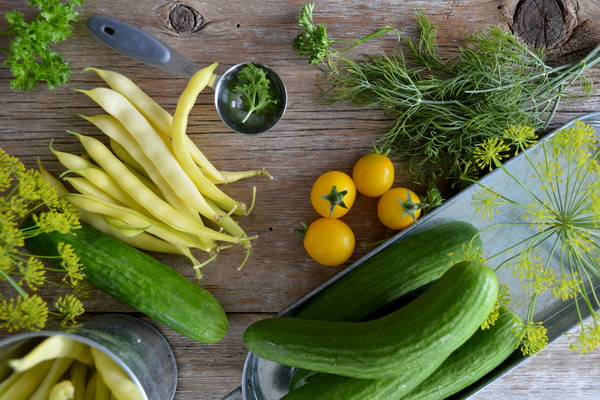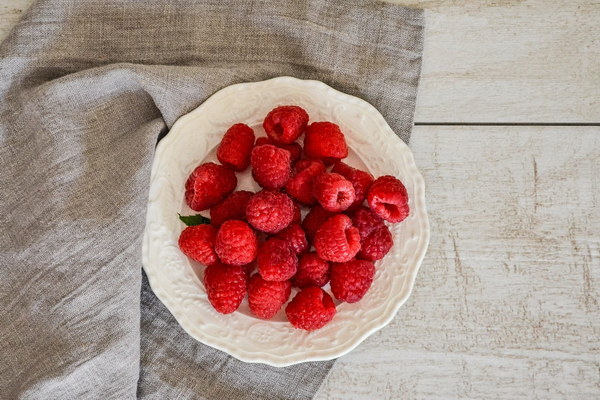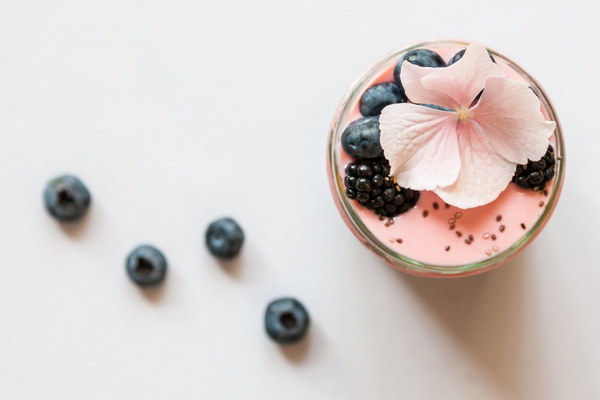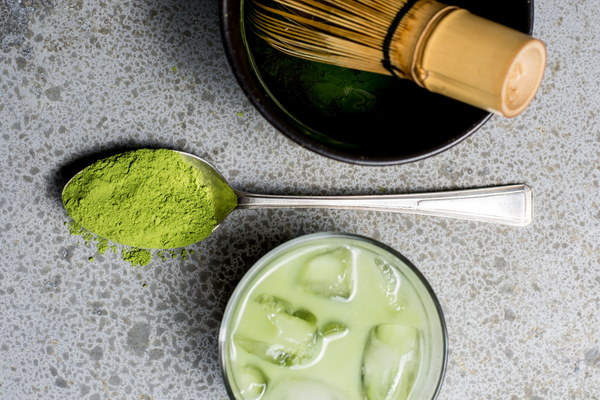Boost Your Winter Health A Guide to Winter Tonics and Herbal Remedies
Winter, with its crisp air and shorter days, is a time when our bodies can benefit from a little extra care and nourishment. As the temperatures drop, it's natural to seek out ways to strengthen our immune system and maintain overall well-being. Enter the world of winter tonics and herbal remedies—traditional healing substances that have been used for centuries to fortify the body against the chill of the season. Here's a comprehensive guide to help you navigate the world of winter tonics and discover the best ways to nurture your health during the colder months.
Understanding Winter Tonics

Winter tonics are herbal preparations designed to nourish the body, boost the immune system, and enhance overall vitality during the colder months. These remedies often include roots, berries, and other natural ingredients that are believed to have warming properties and can help counteract the cold and flu season.
Popular Winter Tonics
1. Ginseng: Known for its energizing effects, ginseng is a staple in winter tonics. It's believed to strengthen the immune system and increase resistance to stress and fatigue.
2. Elderberry: Elderberry extract has gained popularity for its immune-boosting properties. It's thought to help prevent and alleviate the symptoms of colds and the flu.
3. Ashwagandha: This adaptogenic herb is prized for its ability to reduce stress and enhance overall energy levels, making it a great winter tonic for those feeling rundown.
4. Licorice Root: Often used in combination with other herbs, licorice root is known for its soothing properties and is believed to support the adrenal glands, helping the body cope with stress.
5. Reishi: This medicinal mushroom is valued for its potential to boost the immune system and reduce inflammation, as well as for its ability to improve sleep quality.
How to Use Winter Tonics
Winter tonics can be taken in various forms, including teas, tinctures, capsules, or syrups. Here's how to incorporate them into your routine:
- Teas: Brew a pot of winter tonic tea and enjoy it as a warm beverage. It can be sipped throughout the day to provide ongoing benefits.
- Tinctures: Take a few drops of a winter tonic tincture in a small amount of water. Tinctures are concentrated extracts and can be taken directly or added to tea or juice.
- Capsules: If you prefer a quick and easy option, winter tonic capsules offer a convenient way to receive the benefits of the herbs without the hassle of preparation.
- Syrups: For those who enjoy a sweeter option, winter tonic syrups can be added to hot water, tea, or even used as a topping for oatmeal or yogurt.
Safety and Precautions
While winter tonics are generally safe for most people, it's important to consider a few precautions:
- Consultation: Always speak with a healthcare professional before starting any new herbal regimen, especially if you have underlying health conditions or are taking other medications.
- Quality: Ensure that the winter tonics you choose are from a reputable source and have been processed in a way that preserves their medicinal properties.
- Allergies: If you have known allergies to any of the ingredients, avoid those tonics and seek alternatives.
Creating Your Personal Winter Tonic
To create a personalized winter tonic, consider your individual needs and any specific concerns you have. For example, if you're looking to boost your immune system, you might combine elderberry and ginseng. If stress is a concern, ashwagandha could be a great addition. Experiment with different combinations to find what works best for you.
Conclusion
Winter tonics and herbal remedies offer a natural and effective way to support your health during the colder months. By understanding the properties of different herbs and how to use them safely, you can create a winter routine that keeps you feeling warm, energized, and well-prepared for whatever the season brings. So, as the snow begins to fall, consider reaching for a cup of winter tonic tea or a dose of herbal tincture to help you stay healthy and happy throughout the winter season.









